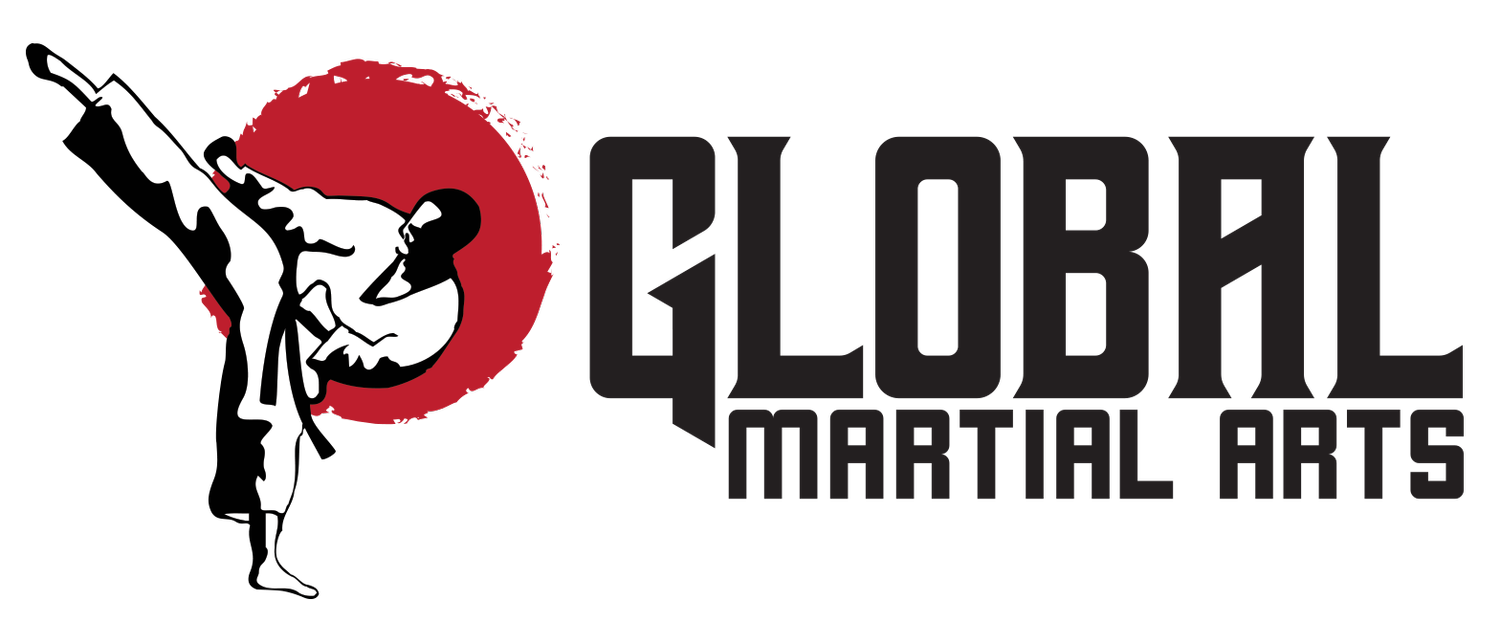Overcoming anxiety and starting Krav Maga training : a path to empowerment
Introduction:
Krav Maga, a self-defense system developed for the Israeli military, has gained immense popularity worldwide due to its practicality and effectiveness. However, starting any new physical activity can be challenging, especially for those battling anxiety. This blog aims to provide guidance on overcoming anxiety and taking the first steps towards training in Krav Maga. By addressing common concerns and providing helpful strategies, we hope to empower individuals to embark on this transformative journey.
1. Understanding Anxiety:
Anxiety is a common experience that affects people differently. Recognizing and understanding your anxiety can be the first step towards managing it effectively. It's important to remember that anxiety is a natural response to new experiences and can be a sign of personal growth. By acknowledging your anxiety, you're demonstrating courage and the willingness to challenge yourself.
2. Research and Educate Yourself:
Knowledge is power when it comes to managing anxiety. Start by researching Krav Maga and understanding its principles, techniques, and benefits. Learning about the training environment, instructors, and facilities will help you familiarize yourself with what to expect. This preparation can alleviate some of the anxiety associated with the unknown.
3. Find a Supportive Training Environment:
Choosing the right Krav Maga training center is crucial. Look for a facility that promotes a supportive and inclusive atmosphere. Reach out to the instructors and ask questions about their teaching style and approach. A welcoming and encouraging environment will provide a solid foundation for your training journey and help ease anxiety.
4. Start Slowly and Gradually:
Starting any new physical activity can be overwhelming, especially when anxiety is a factor. It's essential to set realistic expectations and take things at your own pace. Begin with basic classes or introductory sessions designed for beginners. This approach allows you to gradually build confidence, learn fundamental techniques, and adapt to the training environment.
5. Communicate with Instructors:
Effective communication with your Krav Maga instructors is key to managing anxiety. Inform them about your concerns and any physical or mental limitations you may have. Good instructors are experienced in addressing individual needs and can provide guidance, support, and modifications to accommodate your specific requirements.
6. Focus on Breathing and Mindfulness:
Anxiety often manifests through physical symptoms, including rapid breathing and increased heart rate. During training, pay attention to your breath and practice deep breathing exercises to help calm your nervous system. Incorporating mindfulness techniques, such as grounding exercises and mental focus, can redirect your attention away from anxiety and enhance your training experience.
7. Embrace the Learning Process:
Remember that everyone starts as a beginner. Embrace the learning process and be patient with yourself. Krav Maga is a journey of continuous growth and improvement. Celebrate small victories and acknowledge that progress comes with time and practice. By shifting your focus from perfection to personal development, you can reduce anxiety and enjoy the journey.
Conclusion:
Overcoming anxiety and starting Krav Maga training can be a transformative experience that empowers individuals both mentally and physically. By understanding anxiety, educating yourself, finding a supportive environment, starting slowly, communicating with instructors, practicing mindfulness, and embracing the learning process, you can take the first steps towards a rewarding Krav Maga journey. Remember, the decision to step out of your comfort zone is an act of courage, and with each training session, you'll become stronger, more confident, and better equipped to face life.
